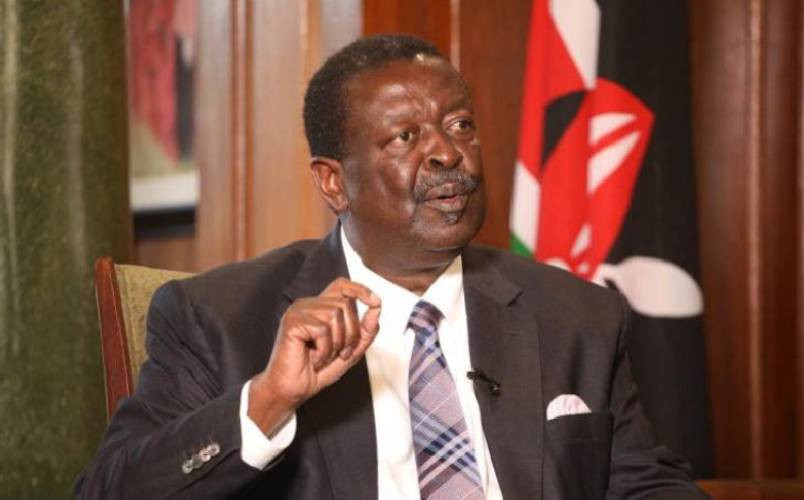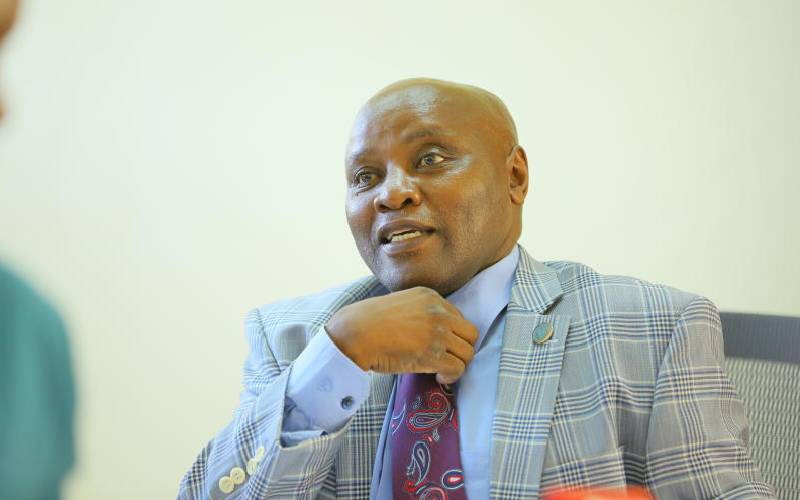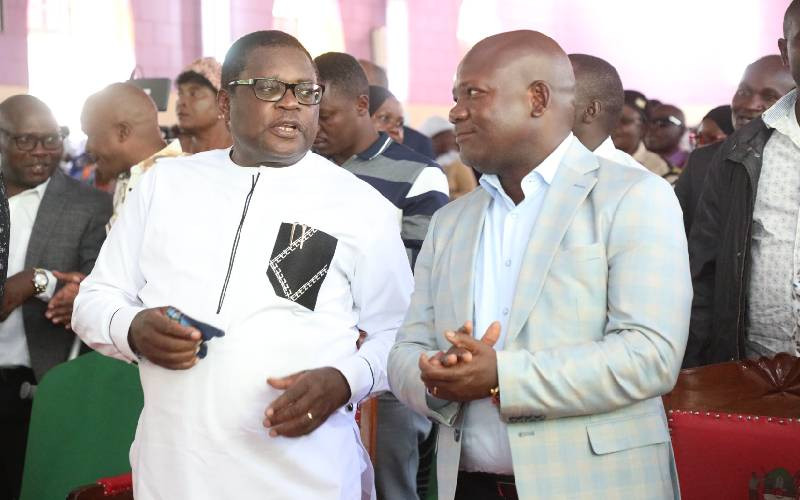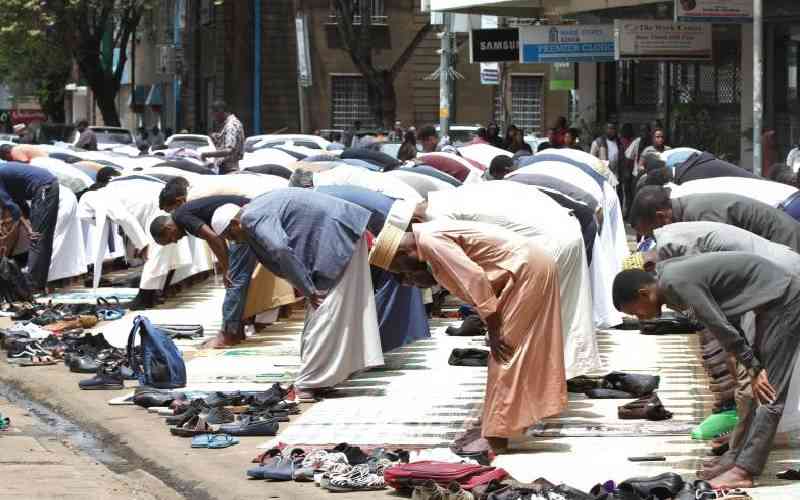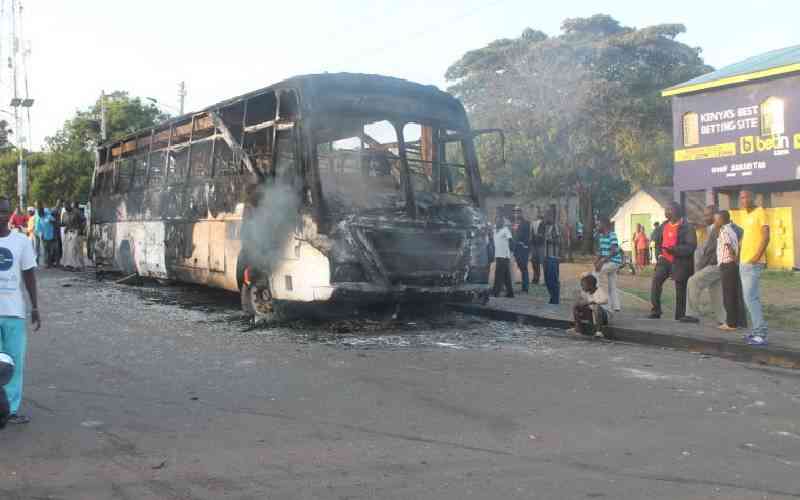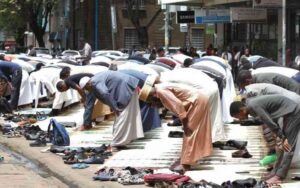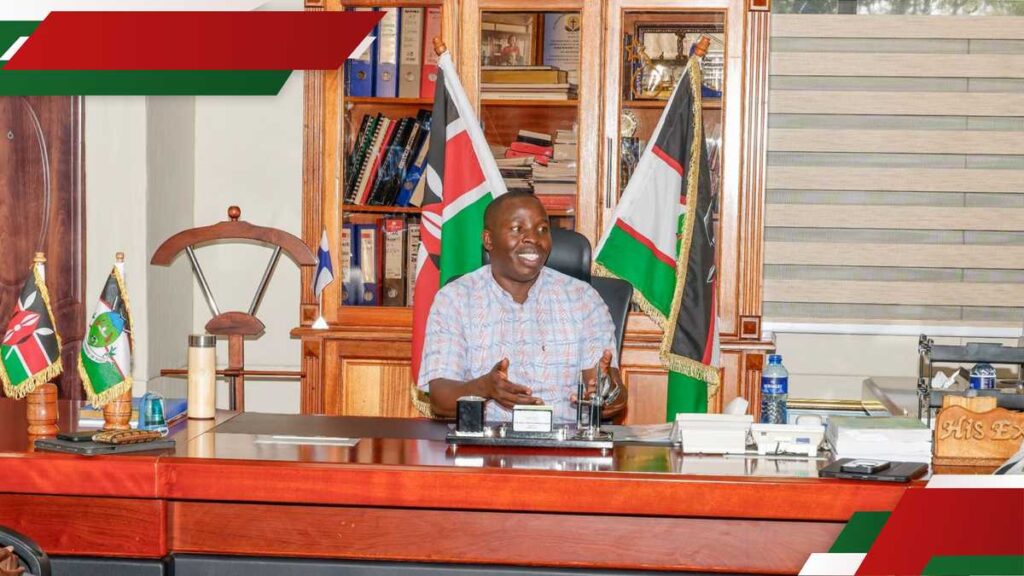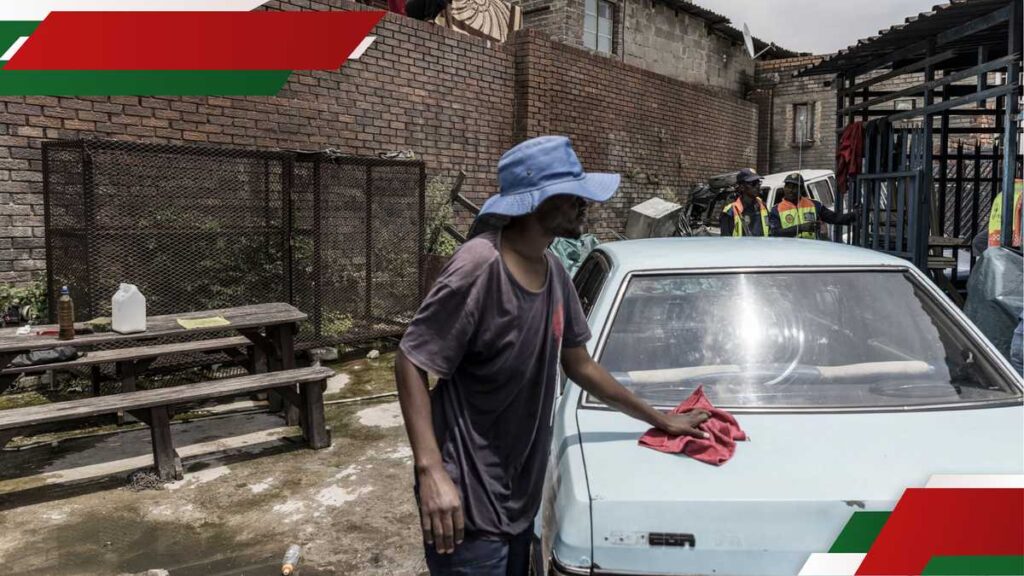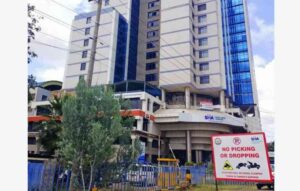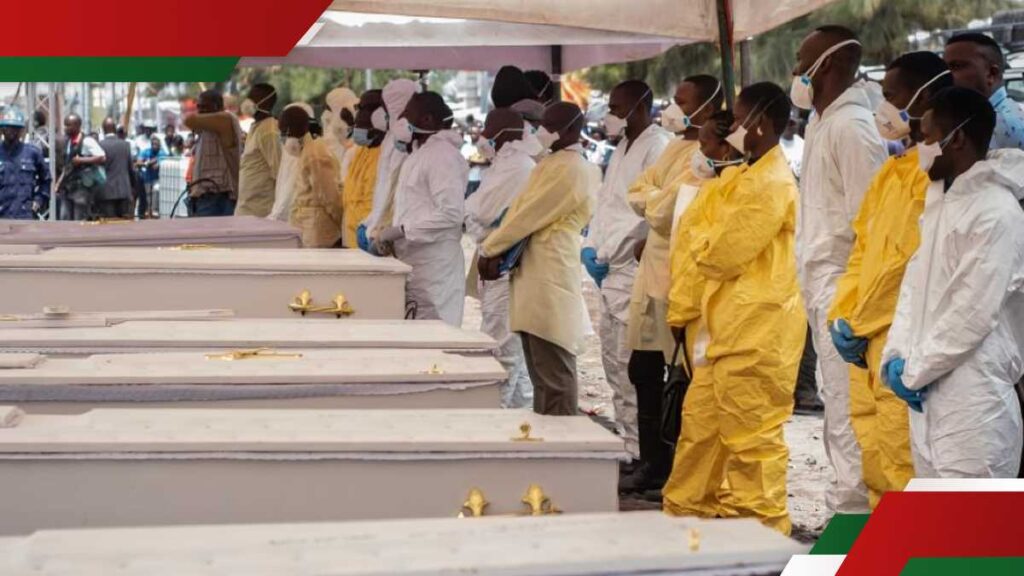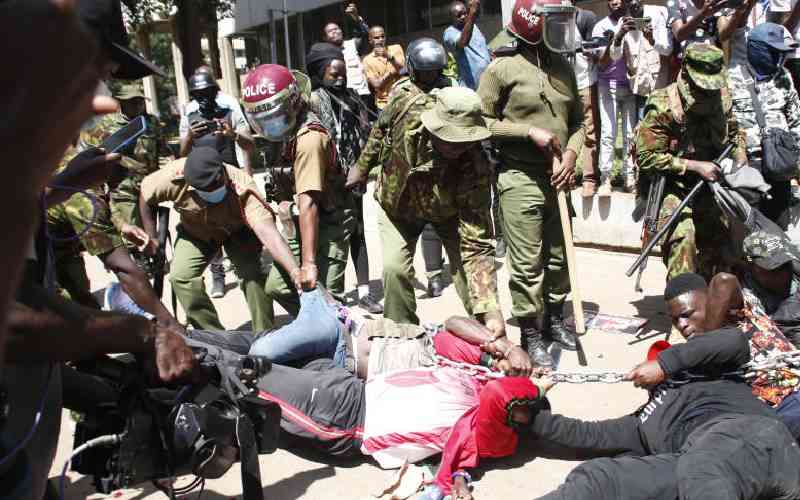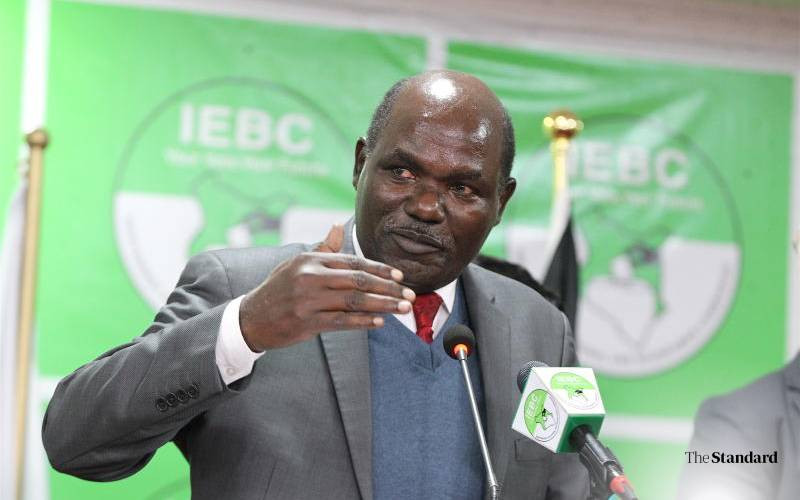Over the past two decades, the boda boda sector has flourished into an indispensable lifeline for millions, hailed as anessential, affordable and reliable means of mobility in both urban and rural areas across the country.
The revolution has created jobs for young people while easing the burden on overstretched public transport systems.
However, a recent spate of troubling incidents — in which riders have unleashed violence, torching both personal and public service vehicles after road accidents — has seen the industry slipping into a security menace, sparking public uproar.
At least five vehicles have been set ablaze by rowdy boda boda operators in different parts of the country in the last week alone. The latest incident resulted in the deaths of two riders after a police officer opened fire during a confrontation following a road accident in Makongeni, Thika.
Such acts of lawlessness have raised alarms within the transport industry, painting a stark picture of a sector teetering on the edge of a security crisis.
More baffling still is the silence of top security and ministry officials, who have yet to publicly condemn the incidents. Industry players have warned this inaction could force them to devise their own means of protecting vehicles on the roads.
The Mass Mobility Operator Association, representing matatu owners, said the attacks have left investors counting losses worth millions of shillings and could push them to form rival gangs to confront the riders. “These vehicles being set ablaze are not only machines but drivers of the economy and investors have gotten them through a lot of sweat, and loans. Thus it hurts when we see them being set ablaze,” the association’s chair, Nelson Mwangi, said on Tuesday.
The lobby group’s Secretary-General warned: “If the government fails in its responsibility, we may be forced to organise as operators and provide our own security for vehicles. Laws cannot be implemented by civilians unless we are living in a banana republic. There is due process for handling accidents.”
Sounded the alarm
The Motorist Association of Kenya also sounded the alarm over what it described as the growing menace posed by boda boda riders across the country. It accused them of rampant lawlessness, harassment of motorists, and endangering pedestrians, while lamenting the silence of government agencies responsible for road safety enforcement.
“Motorists across the country are under siege,” the Association declared, citing attacks on trailers, buses, matatus, and private cars in broad daylight.
What began as an affordable transport solution has now morphed into a national security headache. With their numbers swelling and impunity growing, the question is no longer whether the boda boda sector requires reform, but whether the State can tame it before it overwhelms the very order it was meant to serve.
Senior adviser to President William Ruto, Professor Makau Mutua, has called for a full ban on boda bodas in major towns, a proposal critics quickly dismissed as elitist and detached from Kenya’s economic realities.
Stay informed. Subscribe to our newsletter
According to Professor Mutua, the riders contribute to urban chaos, lawlessness, and poor road discipline. He argues that no modern city should tolerate the disorder, illegality, indiscipline, and poor aesthetics brought about by the sector.
“I am convinced that all boda bodas should be banned from the streets of all Kenya’s major cities and towns. No modern city should tolerate such chaos, illegality, terrible aesthetics, and indiscipline on its roads. Absolutely unacceptable,” Mutua wrote on X on July 17, 2025.
His remarks sparked immediate public debate, with Kenyans deeply divided on whether banning boda bodas would be justified.
The Boda Boda Safety Association of Kenya (BAK) sharply criticised Mutua, calling his comments reckless and misaligned with the government’s economic policy direction.
In a statement, BAK said the call to remove boda bodas from urban areas contradicts the spirit of the Bottom-Up Economic Transformation Agenda (BETA), which aims to empower ordinary Kenyans, particularly those working in the informal sector.
“Dismissing the entire sector as chaotic and illegal ignores the role it plays in creating employment and sustaining local economies, especially among the youth and low-income earners,”the association said.
“The boda boda sector has grown into a parallel power structure, one that defies traffic law, undermines justice, and even intimidates State institutions. Without regulation or decisive intervention, it risks spiraling out of control,” said transport and logistics expert Brian Ayumba
By the time of going to press, NTSA had not responded to The Standard’s request for comment on the matter.



